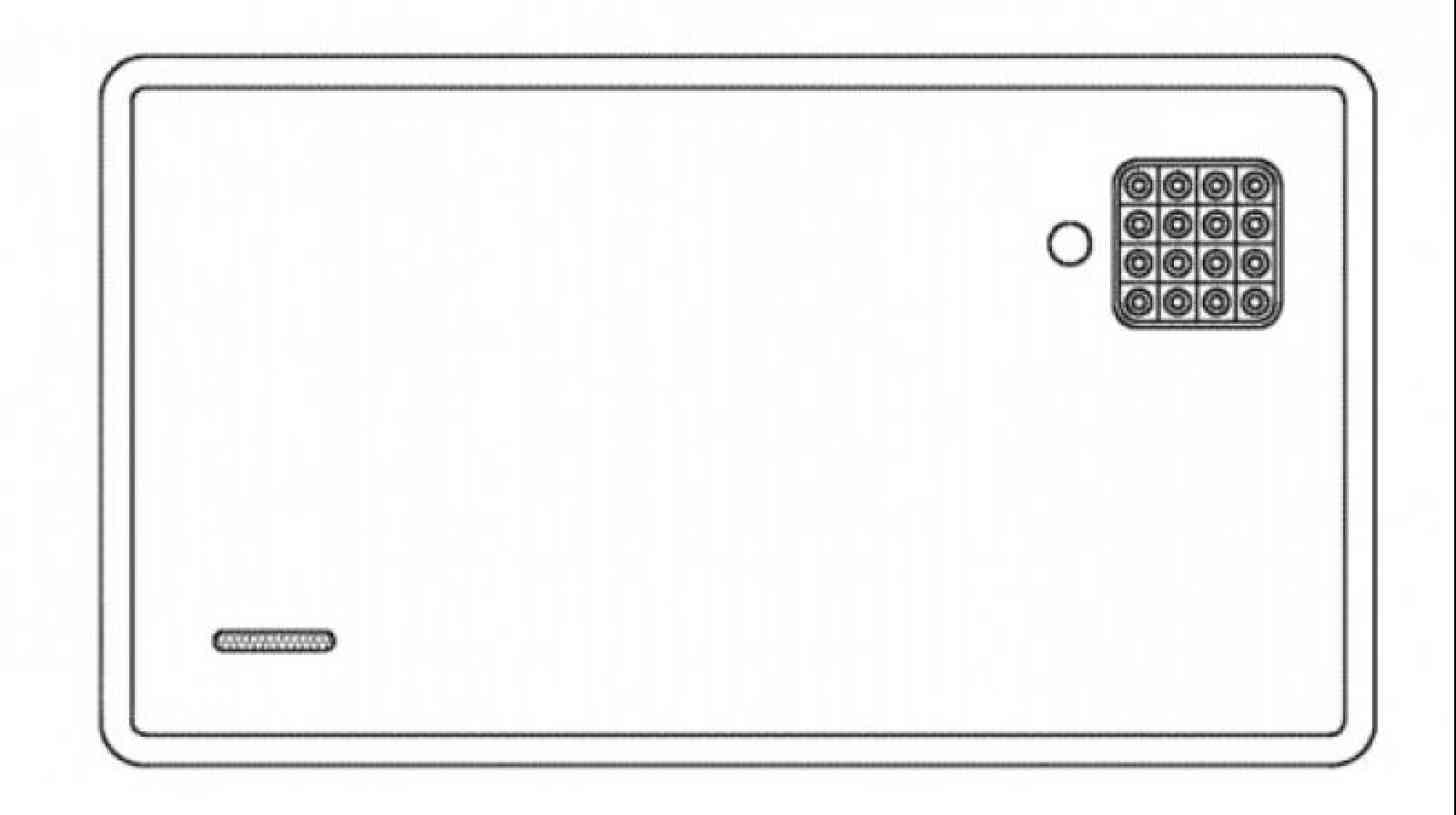
I can still remember a time when a VGA camera in a phone was something to get excited about. Well, maybe not excited, but at least the phone had a camera at all. But back then it wasn't uncommon to still see standalone cameras more often than not. Those were just the better alternative for someone --anyone-- who thought they might want to take a photo or two.
Of course, while the standalone cameras out there are still the best way to take a photo or video, smartphone cameras are ridiculously good for most people. The best camera to have now is the one in your pocket, because smartphone manufacturers have put such a huge focus on that one part of the phone.
Maybe it's because the smartphone really isn't a phone anymore, and the camera has just taken over as the most important detail.
That's certainly the case for me. While I'm not taking as many photos as I normally do right now, the camera in my phone is 100% more important than my ability to make a phone call or answer one. That's one of the reasons why when a company talks about the camera in their phone, I listen. But then I wait for the reviews and eventually try it out for myself before making a final decision.
The one thing that I've come to realize is that quality over quantity is very much a thing, and while some manufacturers out there are starting to go a little crazy with the number of cameras they are offering, I just want them to work and offer up fantastic images more than I want anything else. Sure, it's great that you've got four cameras on the back of your phone, but are they any good? Are they as good as the phones with two, or even one on the back? If not, then what's the point?
I mentioned not too long ago that I switched to the iPhone XR over the XS Max, which obviously sacrifices one of the rear cameras in the switch. I thought it would bother me, and while I am definitely missing some features, the camera in the iPhone XR is still fantastic with its single sensor. And the same can be said for Google, which continues to launch its Pixel smartphones (even the big ones) with a single rear camera.
And then there's LG, which apparently has a patent app out there that details a smartphone with 16 cameras on the back of it. I get the gimmick, but I can't for the life of me think that's going to help LG in any meaningful way make up any ground in the smartphone market. But that's just because I think this is more of a play on fancy marketing and bullet points on a sheet, rather than any meaningful change for someone who might own the device.
It's a bit pessimistic, I know, and there's no way of knowing right now if LG actually plans on launching a smartphone with 16 rear cameras anytime soon. But, unless LG can actually show a worthwhile benefit, and something that's better than what's out there from companies that aren't stacking a ridiculous number of cameras in their phones, it won't even be a blip on the radar.
I want quality over quantity. Just having a higher number of cameras than the competitor doesn't mean anything unless the results show it. Do we need smartphones with more than two cameras, or even one camera for that matter? Maybe not. But that's not going to stop the manufacturers from trying to make it happen anyway.
How do you feel about the number of cameras going into phones these days? Are you a quality over quantity person as well? Or do you prefer having as many cameras, and features tied to them, as possible? Let me know!